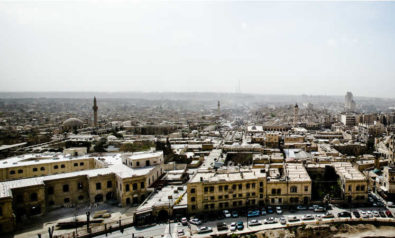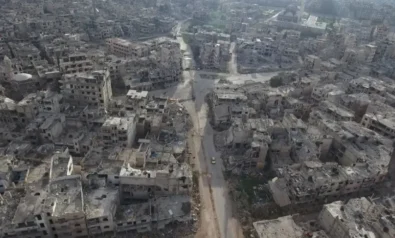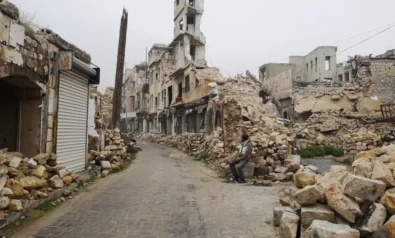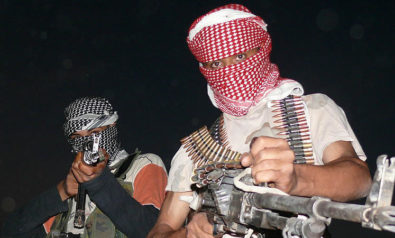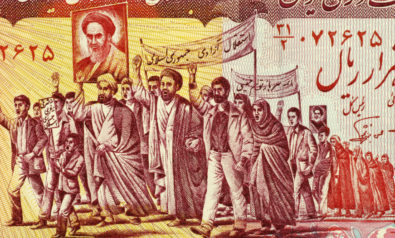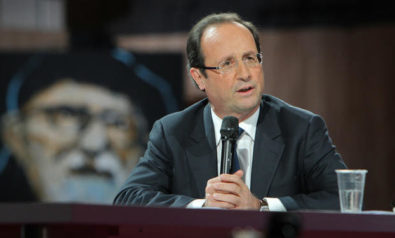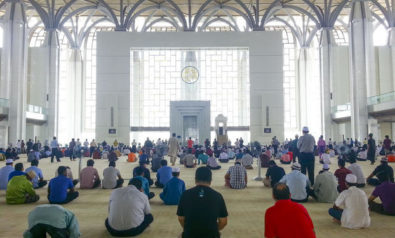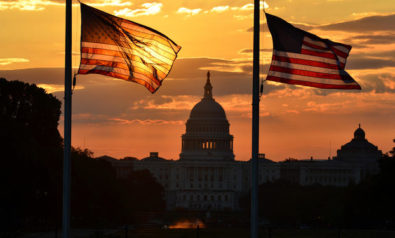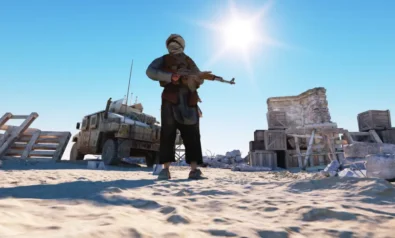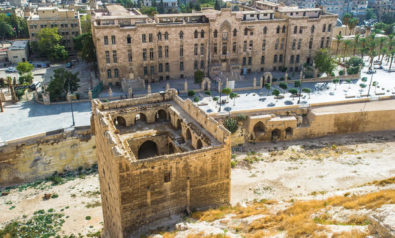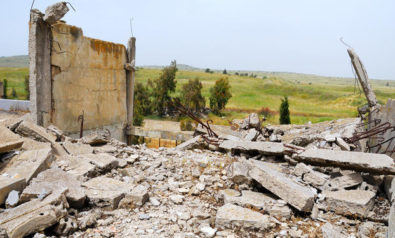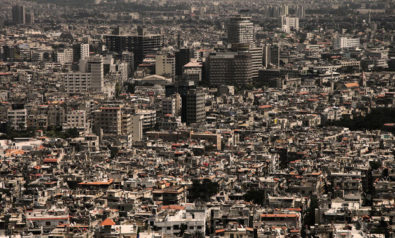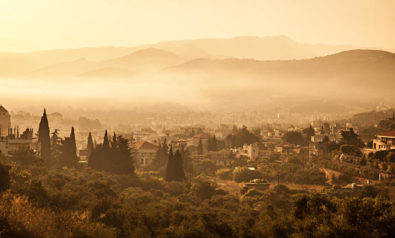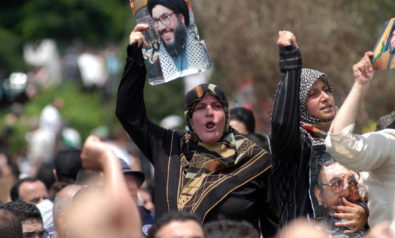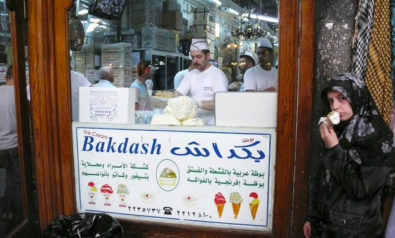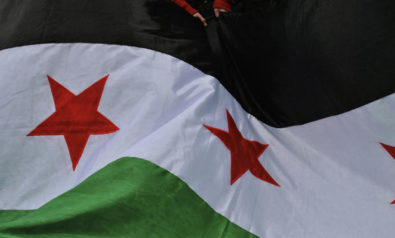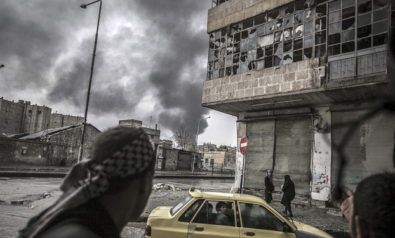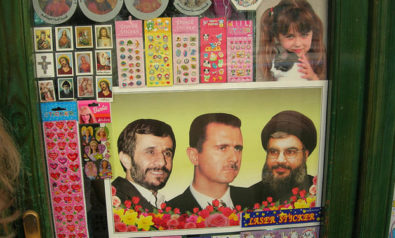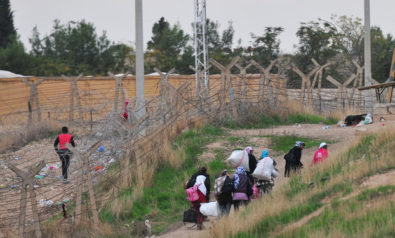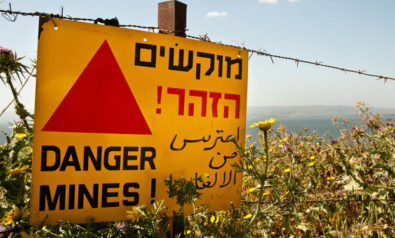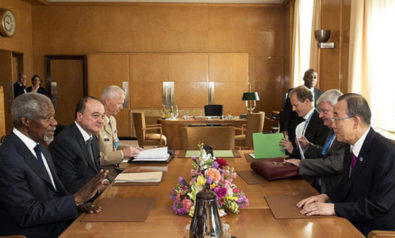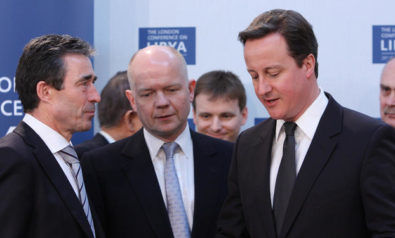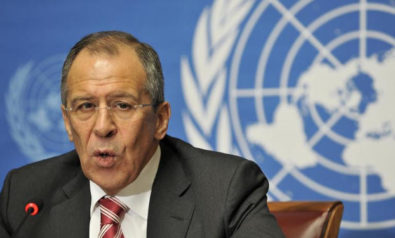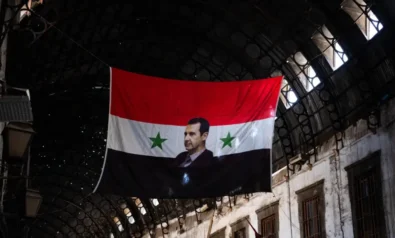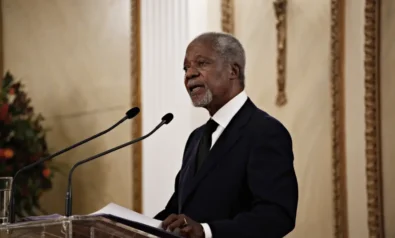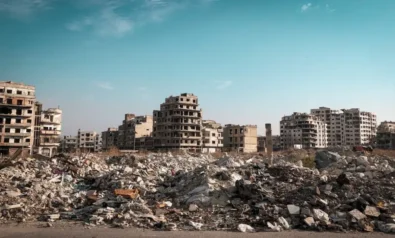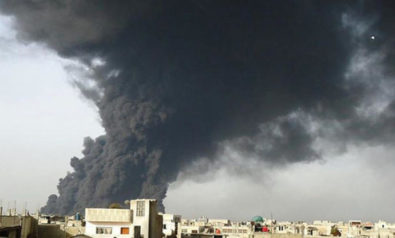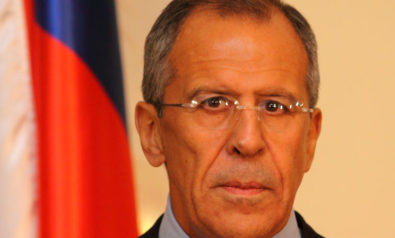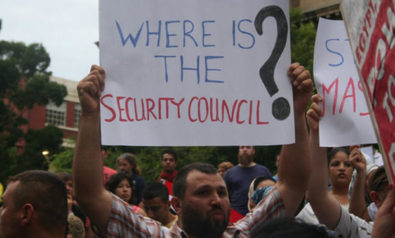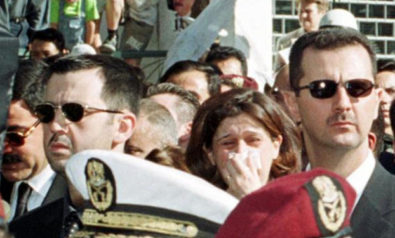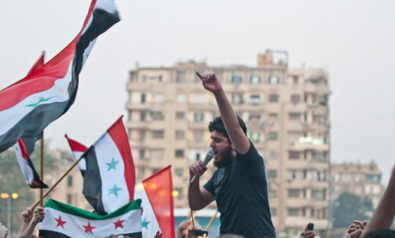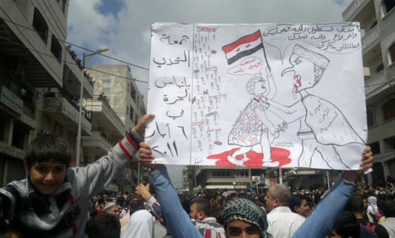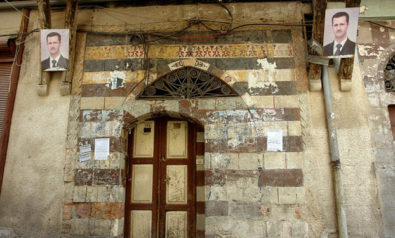Inaction by the international community will lead to grave consequences in Syria, argues Hina Mahmood.
With approximately 6000 people killed in the violent crackdown on protestors over the past 10 months, Syria is teetering on the brink of civil war. International sanctions and suspension from the Arab League have failed to deter it from ruthlessly crushing its opposition. The international community—reluctant to directly intervene in Syria and fearing regional destabilization—will have to do more, otherwise a bloody civil war prolonging the conflict will turn the threat to regional stability into a reality.
In November, the Arab League uncharacteristically put forth a set of proposals demanding the release of political prisoners, the withdrawal of security forces from cities, and permission for outside monitors to enter the country. After a prolonged delay, Syria finally allowed 60 Arab League observers into the country on January 3, far less than the originally requested 500. The Arab League currently has 165 observers in Syria and has since said it will increase the figure.
Hopes of restoring peace were resting upon the presence of these observers but the Arab League mission seems to have done more harm than good. Mustafa al-Dabi, a former chief of Sudan’s military intelligence leading the mission, has been accused of condoning atrocities in Darfur by Amnesty International and therefore weakening the credibility of the team, especially amongst the opposition. In addition, the team has failed to give protesters the political or physical protection they were hoping for, paving the way for the regime to continue its ruthless tactics. Over 400 people have been killed in violence since they arrived and with the recent attacks on observers in Syria, relations between the Arab League and the regime have become even more strained.
It is not surprising that with the failure of the Arab League mission to protect people and amid mounting violence, protesters are abandoning hopes of a peaceful resolution to the conflict. The Free Syrian Army, defectors that are now part of the opposition, is gaining momentum. The regime is also capitalizing on sectarian divisions, especially among Alawites and Christians, who make up approximately 20% of the population. The regime is purporting that the protesters are Islamic fanatics who intend to persecute religious minorities, should they come to power. Though the protesters come from a variety of backgrounds, political affiliations, and religions, the divisive rhetoric is working to an extent.
President Bashar Al-Assad reiterated his determination to crush the opposition in a televised address in Syria on January 10. He compared the current attacks by the opposition to the 1982 Islamist revolt that occurred when his father Hafez was in power by saying: “There can be no let-up for terrorism—it must be hit with an iron fist.” He also accused Arab nations and journalists of conspiring against the regime.
If a peaceful resolution is unlikely, the international community needs to consider the alternatives. Though the UN Security Council is under mounting pressure to pass a resolution that would allow the use of force in Syria, it seems unlikely given China and Russia’s opposition. Another approach could be to invoke the “Uniting for Peace” resolution, which authorized the use of force in Korea as a way to circumvent the Soviet Union. As the General Assembly supports the resolution condemning Assad’s actions in Syria, the Uniting for Peace resolution may be useful.
Self-defence could also be used as a basis for intervention in Syria given attacks on the diplomatic missions of Jordan, Qatar, Saudi Arabia, and Turkey. Invoking Article 51 of the UN Charter—which acknowledges members' rights to self-defence—against Assad’s soldiers is an option. Turkey would have a particularly strong case given attacks on its embassy in Damascus and consulates in Aleppo and Latakia.
If the legal case is successfully made at the UN to intervene in Syria, there are many factors its members will have to consider. Though there is legitimate concern that external intervention could lead to regional destabilization, the situation may not be as grave as it appears.
Iran, for example, is suspected of financially supporting Assad’s crackdown on the opposition. Mahmud Suleiman Hamad, a high-level Syrian defector, claimed that both Iran and Iraq are providing financial assistance to Assad’s regime. Despite strong ties, Iran is unlikely to engage in a direct armed intervention with Syria. According to a Washington Institute report, there is a risk that Iran will encourage Hizbollah to attack Western interests but given Iran’s alleged contacts with the opposition, it is unlikely to forcibly oppose foreign intervention in Syria.
Hamas, the Damascus-based Palestinian group, is scaling down its presence in Syria and has hinted that it may need to relocate given Assad’s frustration over the group's refusal to back his regime. According to the Financial Times, Hamas opposes the ruthless tactics of the current regime. “We feel that the situation is very dangerous for Hamas in Syria,” admitted a Gaza-based Hamas official. “[The Assad regime is] very angry with us, they want us to give support just like Hizbollah did. But this is impossible for Hamas. The Syrian regime is killing its own people.”
One of the gravest threats to regional stability is a missile attack on Israel, which could turn a domestic conflict into a regional one. During the first Gulf War, the US convinced Israel to restrain from retaliation after Iraq’s scud missile attacks in 1991. If this scenario occurs again with Syria, it is possible that the US or another ally could convince Israel in the same way and prevent the crisis from escalating. Michael Oren, Israel’s ambassador to the US, stated at a breakfast for reporters: “We do see a possible ouster of Mr. Assad as affording an opportunity to us.”
Though there are considerable risks to external intervention in Syria, the current brutal crackdown cannot go on. There are opportunities at the UN that could condone further action in Syria and there are ways to manage the fallout in a very politically charged region. There may also be opportunities for countries to support the opposition through covert military assistance. The international community will have to recognize the opposition, the Syrian National Council, as the legitimate representative body for the country before any kind of foreign military intervention can occur.
It is uncertain what the future holds for Syria and its people, but what is certain is that inaction will have grave consequences.
The views expressed in this article are the author's own and do not necessarily reflect Fair Observer’s editorial policy.
For more than 10 years, Fair Observer has been free, fair and independent. No billionaire owns us, no advertisers control us. We are a reader-supported nonprofit. Unlike many other publications, we keep our content free for readers regardless of where they live or whether they can afford to pay. We have no paywalls and no ads.
In the post-truth era of fake news, echo chambers and filter bubbles, we publish a plurality of perspectives from around the world. Anyone can publish with us, but everyone goes through a rigorous editorial process. So, you get fact-checked, well-reasoned content instead of noise.
We publish 2,500+ voices from 90+ countries. We also conduct education and training programs on subjects ranging from digital media and journalism to writing and critical thinking. This doesn’t come cheap. Servers, editors, trainers and web developers cost money.
Please consider supporting us on a regular basis as a recurring donor or a sustaining member.
Support Fair Observer
We rely on your support for our independence, diversity and quality.
Will you support FO’s journalism?
We rely on your support for our independence, diversity and quality.


